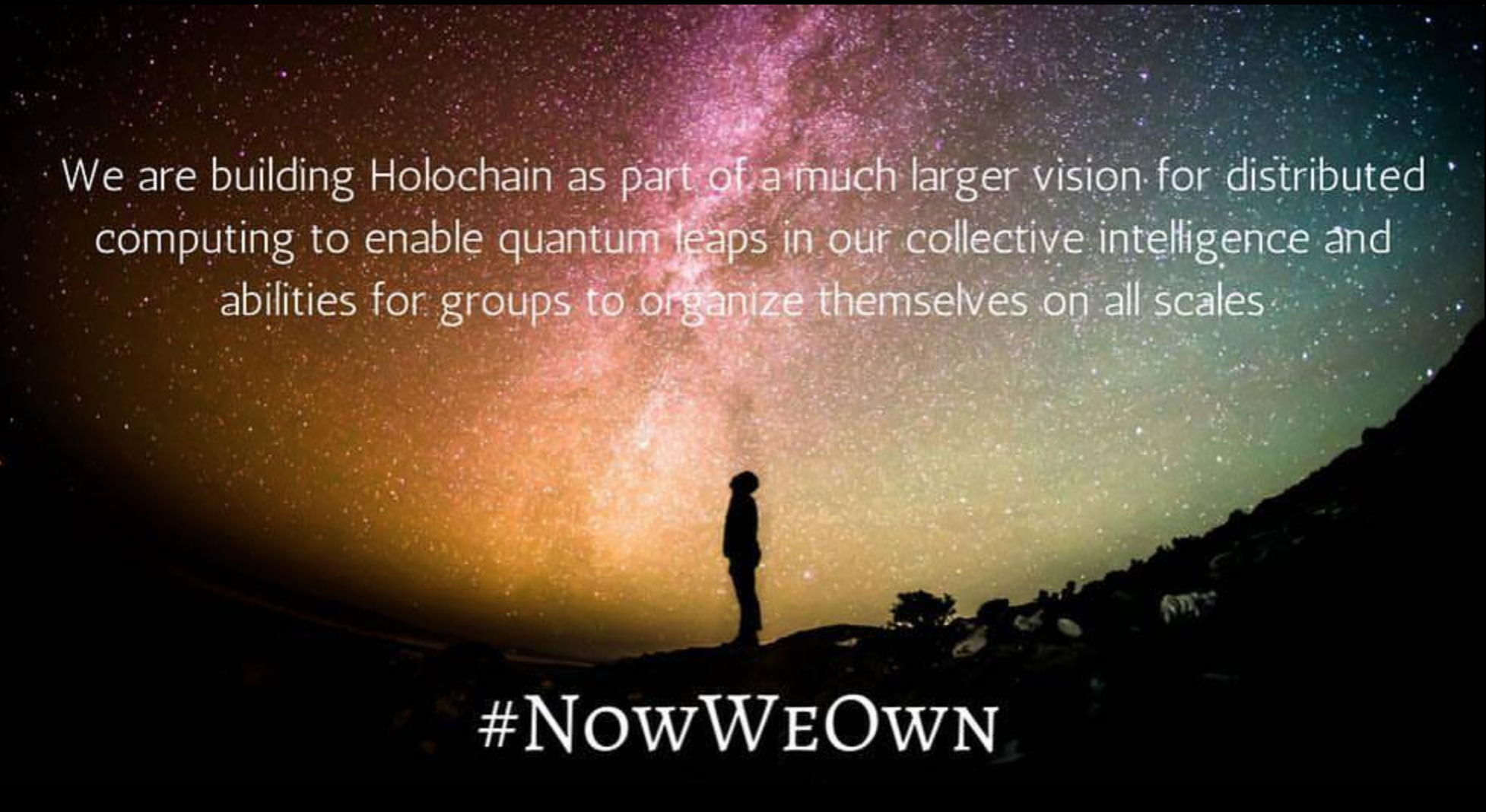There are so many efforts underway to create multiple new blockchains each with some new take on what blockchains should be. We have the original blockchain - Bitcoin, then Ethereum (http://ethereum.org) with its smart contracts, Waves (http://wavesplatform.com), [EOS.IO)(https://eos.io), Tezos, Qtum, Tauchain, etc. etc. etc.
But the one they these seem to have in common is an obsession with consensus. That was after all the original breakthrough of Bitcoin - the distributed consensus-driven solution to the Byzantine Generals Problem that lets the General storm the castle even though he can trust no one. Just trust the consensus because the majority is on your side.
However, the mechanism that Bitcoin does this, so-called PoW or Proof Of Work is hugely wasteful requiring massive amounts of electricity to compute just because doing so has become hugely profitable. The more Bitcoin is worth more expensive it becomes to mint new coins and keep the network going. Some blockchains like our very own Steemit don't have PoW, it's PoS (Proof of Stake) where those who own the existing STEEM coins form the consensus. PoS has it's own problem - it favors the majority stake holders. One entity or a collusion of stakeholders (a Kartel) could work together to game the system in their favor. There is nothing to say that a long-tail of minority stakeholders, who form the majority of actual people owning the coin, are not shut out by that majority. In as much PoW and PoS reproduce the many deficiencies of the real world - inefficiency and inequity.
Today I was reading about Ceptr which calls itself "Semantic. Interoperable. Cryptographic. Concurrent. Responsive. Networks awakened as living ecosystems." One of its sub-projects is called Holochain and I wasn't paying much attention until I read this introduction to the concept of Holochain Arthur Brock Against the Consensus on Data Consensus in the Blockchain
.

This article says some pretty radical things like the idea that data and time exist are fallacies. But it goes on to explain the fallacy is that we can't get one data point at one time that everyone agrees on because physics tells us (they don't actually mention physics, but that's what it is - physics is, after all, the study of the nature of reality) that every observes things differently due to quantum effects like Heisenberg uncertainty etc. and time ordering all those observations is eventually impossible due to general relativity.
To be honest it doesn't talk too much about proof of stake but I've read elsewhere arguments against this. Ethereum itself is struggling with how to manage a transition of Proof of Stake and what PoS systems are fair and not liable to collapse or easy attack (say if a large amount of the voting stake falls off the net).
What the Holochain argument boils down to is what if every independent agent in the system had it' own chain? It kept its own chain of blocks and occasionally when making a transaction with another agent they mutually check each other's chains and sign them. Only those two agents need to agree and form their own consensus of two?
For many, many cases they claim this is enough - enough for many operations that don't involve a currency where we attempt to track the flow of one entity - an amount of currency - throughout the universe. It seems reasonable that often times that flow will have limited scope anyway, you don't need all the universe to form a consensus on an amount my employer paid to me, which I paid to a trusted entity (my "bank") which paid to a vendor. However, they do advise against trying to create a cryptocurrency on top of Holochain even if technically it might be possible.
But I find their idea an interesting one - it's like the end-game of EOS and others that will support multiple "side-chains" each doing their own thing until some reckoning is required. In Holochain it just seems like everything is a sidechain and a global reckoning is the special case that you probably don't want or need to do anyway.
I'm only just beginning with my exploration of Holochain and its parent project Ceptr but I have to say it is always refreshing to see people "thinking out of the box". I couldn't say for sure if it is actually going to succeed - if Bitcoin/Ethereum global consensus is problematic, perhaps then so is radical lack of consensus? Maybe something like EOS with its many side-chains forming independent consensus rarely resolved only when necessary is more pragmatic and generally useful? However, as a physicist by training, I do find a system that not only acknowledges but embraces realities of observability and relativity strangely attractive.
There's more on how Holochain is not a blockchain here: https://github.com/metacurrency/holochain/wiki/FAQ#how-is-a-holochain-different-from-a-blockchain
I've been looking into #Holochain and am wondering what the differences are to #IOTA tangle?
Downvoting a post can decrease pending rewards and make it less visible. Common reasons:
Submit
Holochain focuses on societal dimensions and qualitative relationships in forming multi-dimensional perspectives as consensus. It's more along the lines of human-to-human interaction, while IOTA is machine-to-machine economy. The Holochain team includes philosophers and humanities oriented people (social science and such), while IOTA is very much an engineering feat which tackles different problems altogether. They may in the future have some common ground of overlap here in there, but not fundamentally so.
Downvoting a post can decrease pending rewards and make it less visible. Common reasons:
Submit